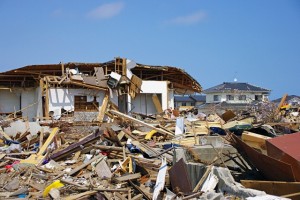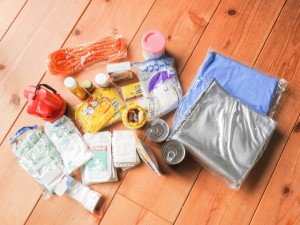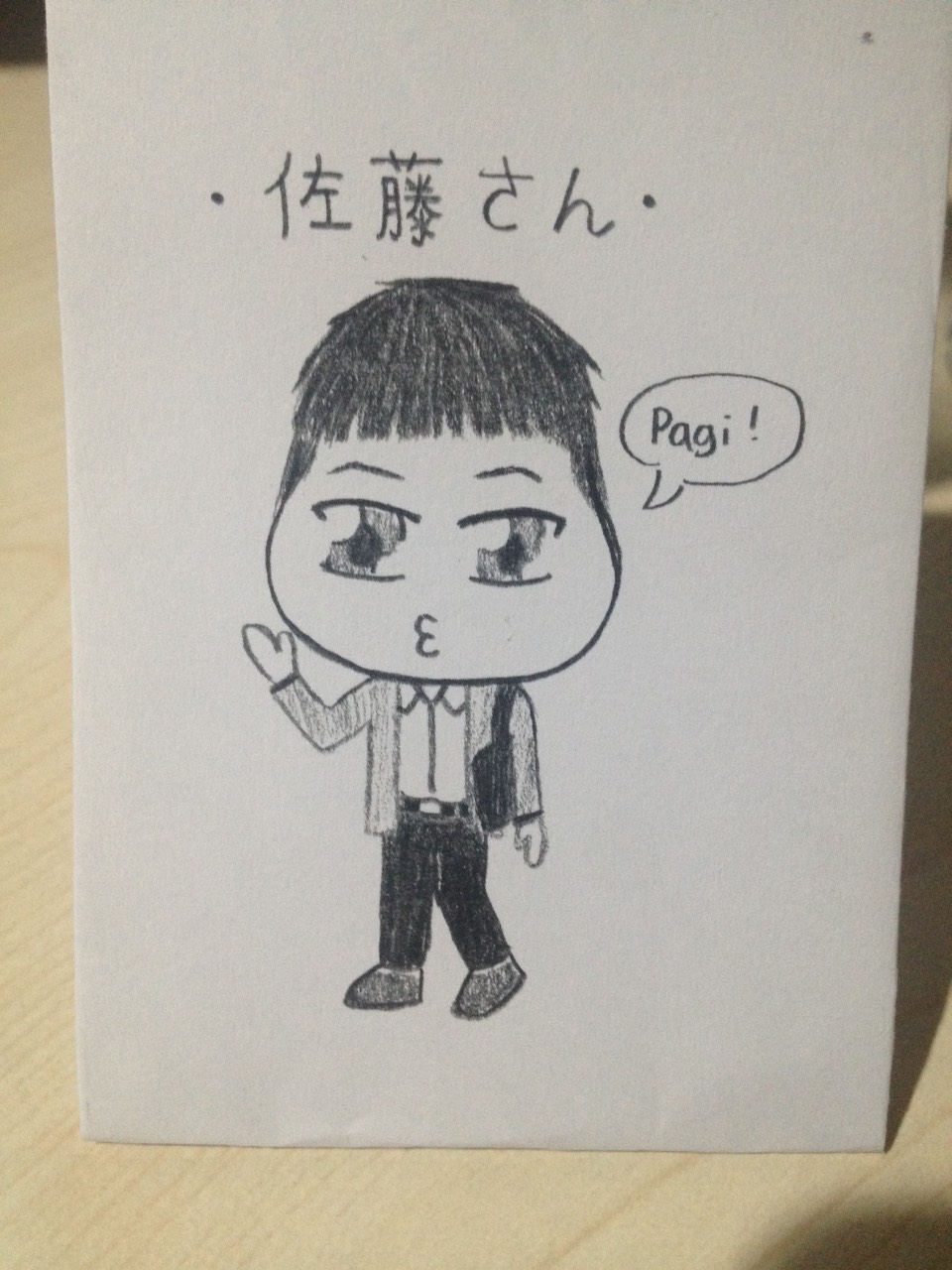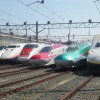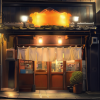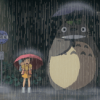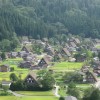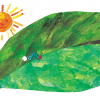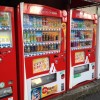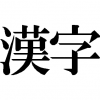March 11th
March 11th is memorable date.
Big earth quake hit in Japan on March 11th, 2011.
You might watch many tragedy scenes on TV such as tsunami, melt-down nuclear power plant.
But not only earth quake but many typhoons, some volcanos and heavy rain in Japan.
We Japanese experiences natural disaster almost every day.
Unfortunately, as we live in such environment, we are accustomed to disasters.
However, if you are non-Japanese and encounter natural disaster when you live or travel in Japan, it’s better to prepare something to survive in severe situation.
This is based on my case on March 11th, 2011 when I live in Tokyo.
What will happen in big earth quake
I think you cannot imagine what will happen when big earth quake hit area you live.
- Shake heavily
Even tall and strong buildings shake like paper in wind.
- Electricity down
Black out. If it’s in night, you cannot see anything without candle.
- Water off
You cannot get water from tap.
That means you cannot take shower, wash your hands and dishes, flush toilet, drink water
- Less food
You can buy anything in convenience store in daily life but once disaster comes out, supply chain
(road/railway/transport system) break and this causes inconvenient life…
- Transportation stops
Bus, train and airplane services stop. Many Japanese working in Tokyo had to walk to home in 2011. (I was lucky to take bicycle to office on that day)
- Bad phone/internet connection
If you want to talk with your family or friend for asking safety, everyone will do same and then connection will be very bad and telecommunication companies usually restrict accesses
Preparation for disasters
I strongly recommend preparing for disasters beforehand especially you live or travel in big city like Tokyo. These are useful goods to be stored in emergency case.
- Water in pet bottle
- Food (ready to eat)
- Toilet paper
- Portable light
- Radio
- Paper dish
- Slippers (for glasses on floor)
Also, it’s useful
- To know how to reach to home by walk
- To know where safe place is to refuge (ex. Big park/school/hospital)
- To have access to family and emergency information
Unfortunately, big disasters keep happening again and again in Japan and that often happens when people forget previous experiences.
That’s why I recommend preparing for that!
If you like this or feel this is useful, please share on Facebook and retweet on Twitter!
If you wanna join Leo Sensei’s group on Facebook, click Facebook mark on top or bottom and send friend request to me. You can get updated information and ask me freely about Japanese language and culture and so on.
